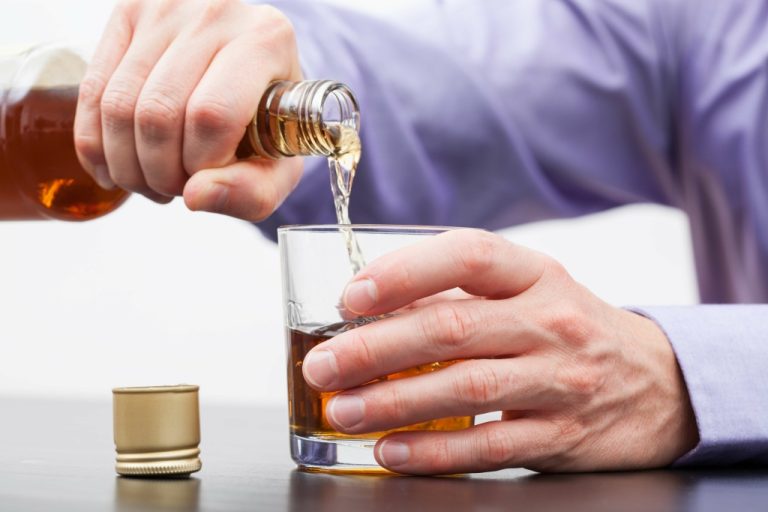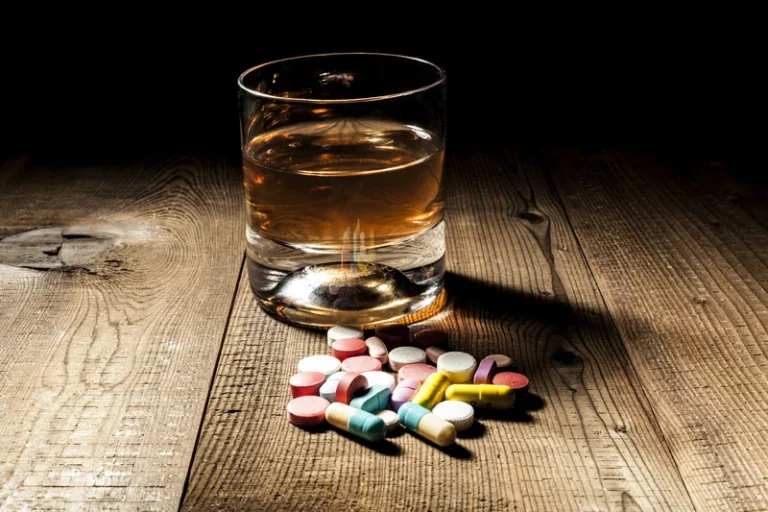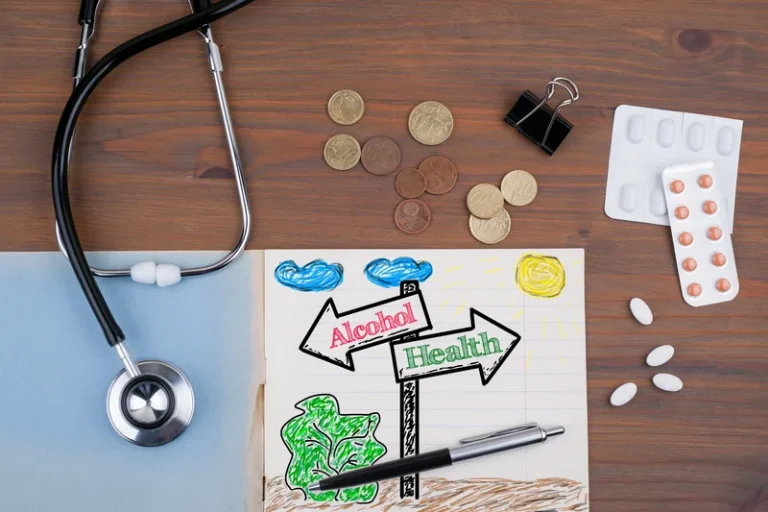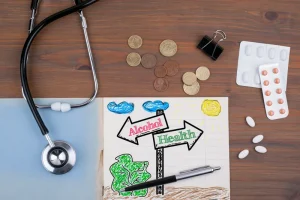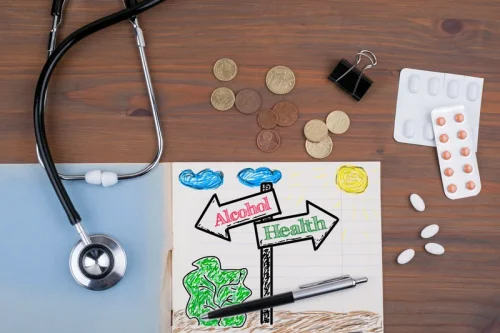Scientists have sought to explore why some babies are born with alcohol-linked health problems when their pregnant parent has claimed not to have had a drop to drink during pregnancy. Animal studies and some human studies link paternal drinking before conception with health problems in Drug rehabilitation babies, including heart disease, behavioral issues, and more. Treatment requires managing the symptoms, and providing support for the complications, including extra support at school, and early recognition and management of attention and behavior issues. There is no safe time to drink, and no safe type of alcohol for a pregnant woman to consume.
Can fetal alcohol syndrome go undiagnosed?
There’s no known safe amount of alcohol to drink during pregnancy, and there’s no type of alcohol that is safe. Although the official recognition of FASD as a clinical disorder is relatively recent,4,5 details pertaining to the first documented cases suggesting social awareness have beendebated. This paper reviews the discourse on the history of this preventable disorder, fromthe biblical Book of Judges (pre-1700) to the first public health bulletin(1977).
Lifestyle Quizzes
Treatment for the resulting behavior difficulties can also include medication. The exact number of people with Fetal Alcohol Syndrome is unknown. It’s estimated that as many as 1 to 5 (out of every 100) school children in the United States and Europe might have been born with FAS or a FASD. There is no safe type of https://merceriarosa.com/alcoholic-ketoacidosis-signs-symptoms-and-6/ alcoholic beverage to consume while pregnant. For example, red wine is no safer than white wine, beer, or mixed drinks, since all contain alcohol. To prevent FASDs, a woman should avoid alcohol if she is pregnant or might be pregnant.
Health Professionals
Don’t hesitate to ask for advice, especially if you think you might have difficulty stopping your use of alcohol. Fetal alcohol spectrum disorders (FASDs) are a group of preventable conditions that can occur in a person who was exposed to alcohol before birth. There is no known safe amount of alcohol during pregnancy or when trying to get pregnant. Alcohol can cause problems for a developing baby throughout pregnancy, including before a woman knows she’s pregnant. All types of alcohol are equally harmful, including all wines and beer.

- Much more research is needed before we can determine the contributions of a father’s alcohol consumption in humans with any certainty.
- “Human studies are extremely messy – there are a lot of confounding factors there,” says Golding.
- A one-off instance of being drunk should not affect the health of a baby.
There is no lab test that can prove a child has fetal alcohol syndrome. Many of its symptoms can seem like attention deficit hyperactivity disorder (ADHD). There is no “safe” amount of alcohol you can drink during pregnancy. And there is no time during pregnancy when it’s considered safe to drink alcohol, either.
There is no particular treatment for FASD, and the damage to a child’s brain and body cannot be reversed. But an early diagnosis and support can make a big difference. Auto-brewery syndrome can be harmful for your long-term health, too.
- The more alcohol a developing fetus is exposed to, the higher the risk is for the developing fetus to have alcohol-related brain and organ damage.
- You’ll also be able to understand what’s behind feeling intoxicated without drinking.
- In addition to the FASD findings, the study also found something very important about the health of males.
- We have provided a brief historical review of social, academic, and clinical recognition ofthe effects of PAE on fetal development and formal acceptance of FASD.
- There are a variety of treatments available for pregnant women, including behavioral treatment and mutual-support groups.
My patients expect me to spend my time with them discussing their reason for the appointment and not their alcohol use.

This is because a woman could get pregnant and not know for up to 4 to 6 weeks. No, but early diagnosis and treatment for specific FAS symptoms can greatly improve your child’s life. Alcohol — including wine, beer, and liquor — is the leading preventable cause of birth defects in the U.S.
Methods and Results:
Research suggests that a male’s sperm quality is compromised by drinking, which can negatively impact their future children’s health. In one large analysis, 40% of babies with birth defects had fathers who reported using alcohol at the time their partners got pregnant. Comparatively, drunken baby syndrome 31.5% had dads who did not drink, a statistically significant difference. Further findings report that a partner’s participation significantly enhanced the effects of brief intervention during pregnancy. No amount of alcohol is currently deemed safe for pregnant women, and for this reason there is no threshold list for alcohol consumption during pregnancy.











